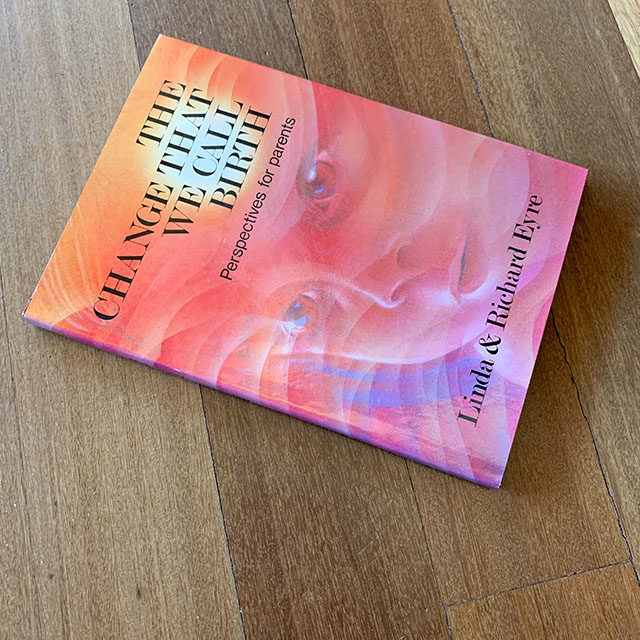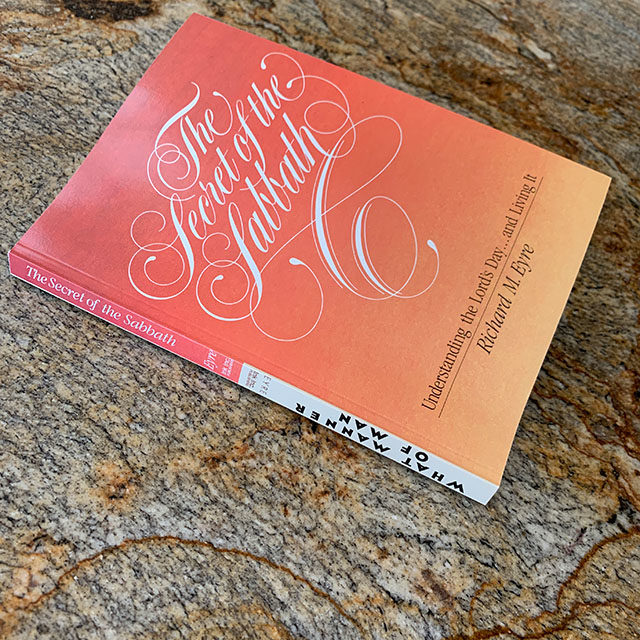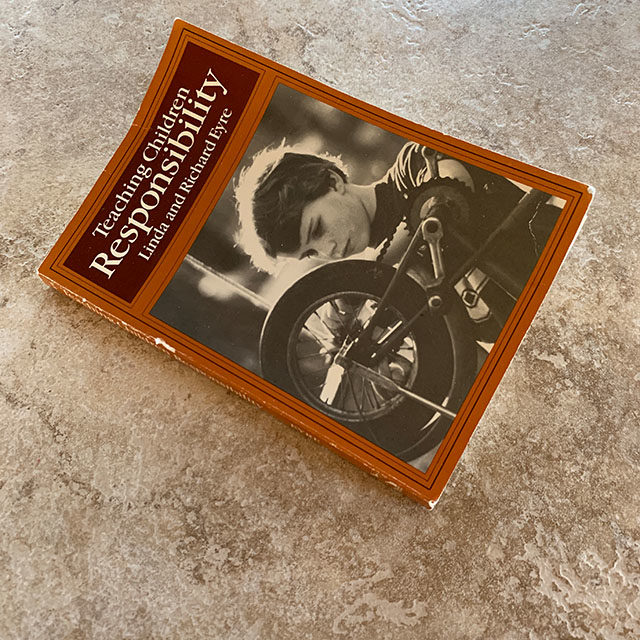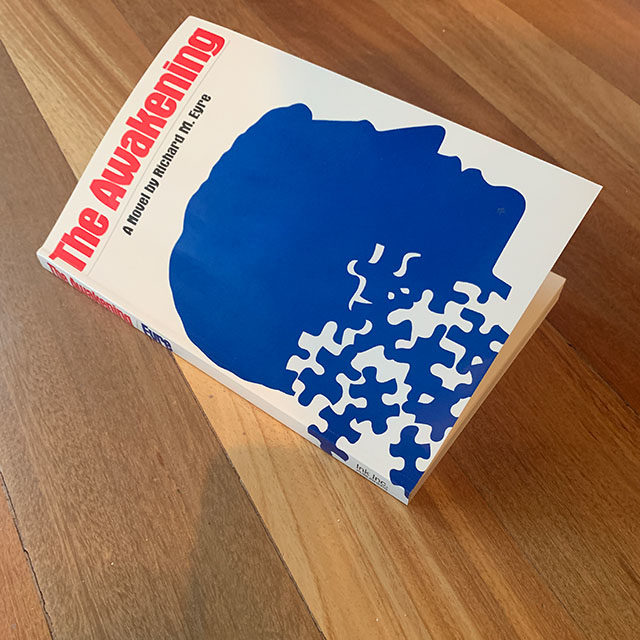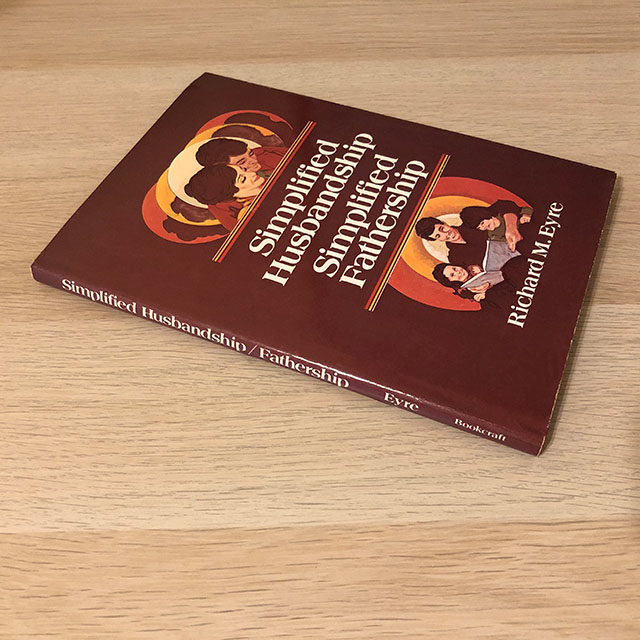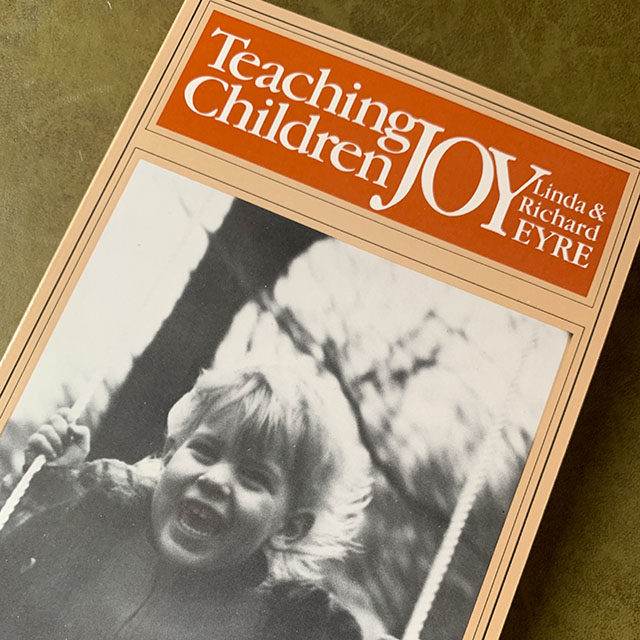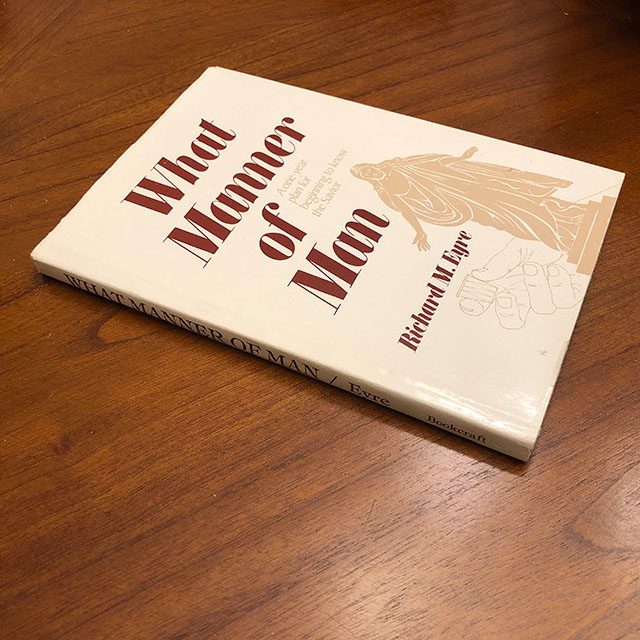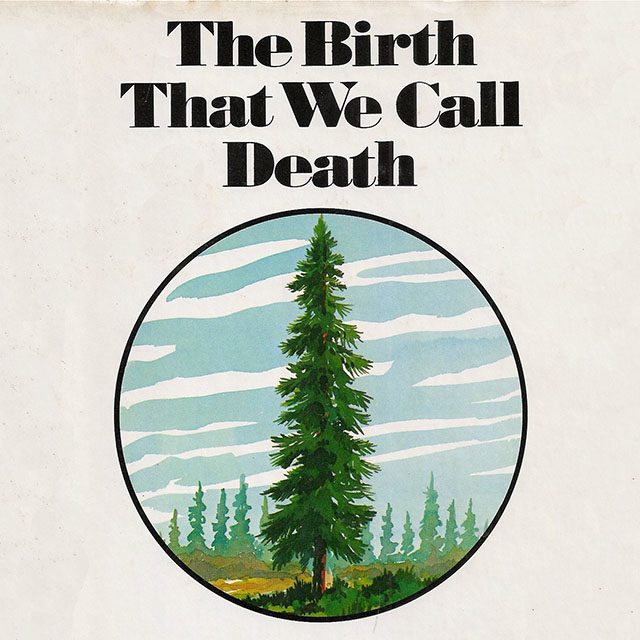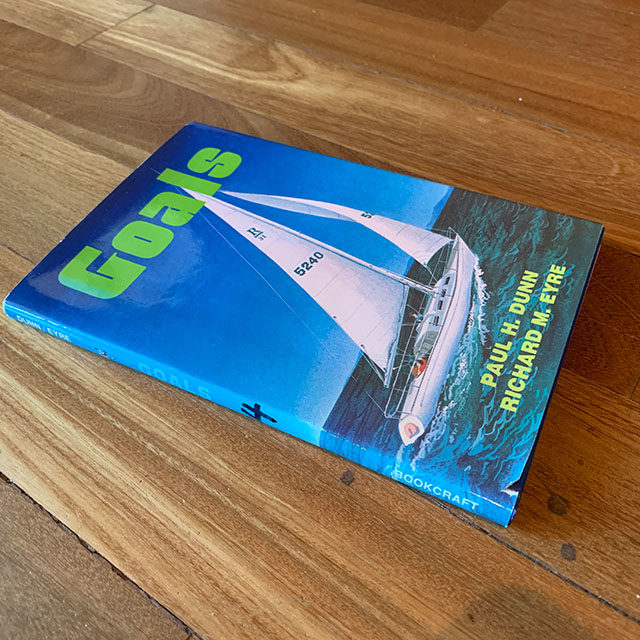The Change That We Call Birth
Some time after the Eyres wrote their book on Death (The Birth That We Call Death) their publisher suggested that they write a “bookend” book on the other end of life–on Birth. They decided to call it The Change That We Call Birth, and it was published as their fifteenth book. It is an exploration of who our children really are and where they really came from.
Most parents know (or at least sense) that there is a third variable beyond Nature and Nurture that determines who our children are. The Eyres feel that this third variable–the one that makes each of our children different from another of our children–is the fact that they existed and lived in a different sphere before they came into this world. Thinking about that can change how we think of our children.
No matter how many good parenting methods and techniques and ideas we learn, sometimes the most valuable thing we can have is perspective! If we can think of our children as our equals, as our brothers and sisters as well as our children, as offspring of the same Heavenly Father as we, it will give us a sense of stewardship and respect that will make us better parents in every regard. This week on their Eyres On The Road podcast, Richard and Linda start with that beautiful and sacred moment when we first look into the eternity-eyes of our new infant and feel, somehow, that this is an “old soul” and that what is inside is much greater and more ancient than the genetic creation of our bodies. Remembering this feeling can make us better parents. The Eyres book The Change That We Call Birth is the text for this podcast, and if you want to go deeper, the book is free on EyresFreeBooks.com.
Remember, how we think of our children can make all the difference, and the best way to change how we think of them is to remember who they really are!
